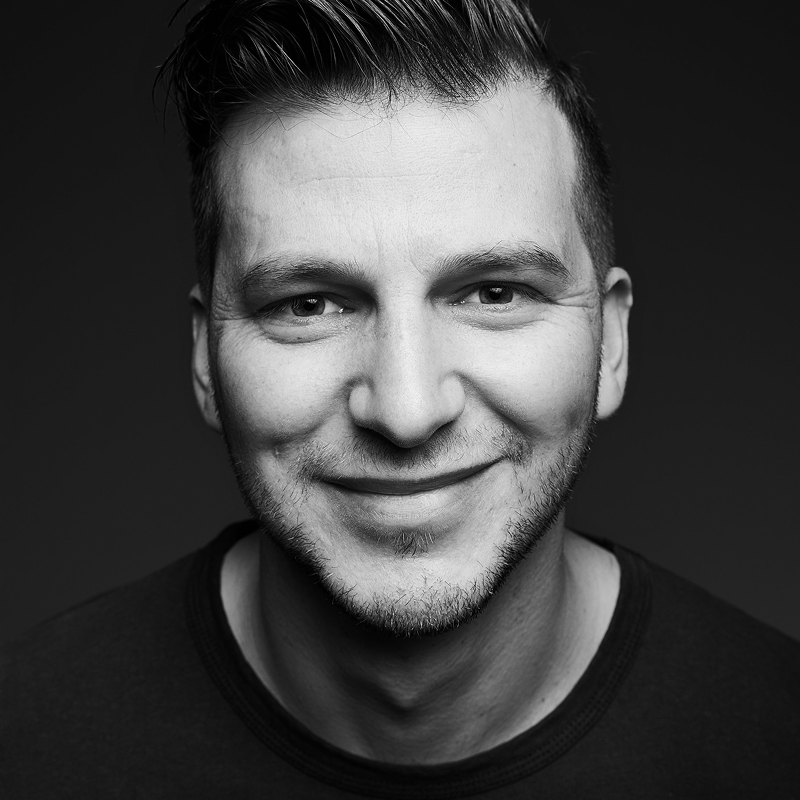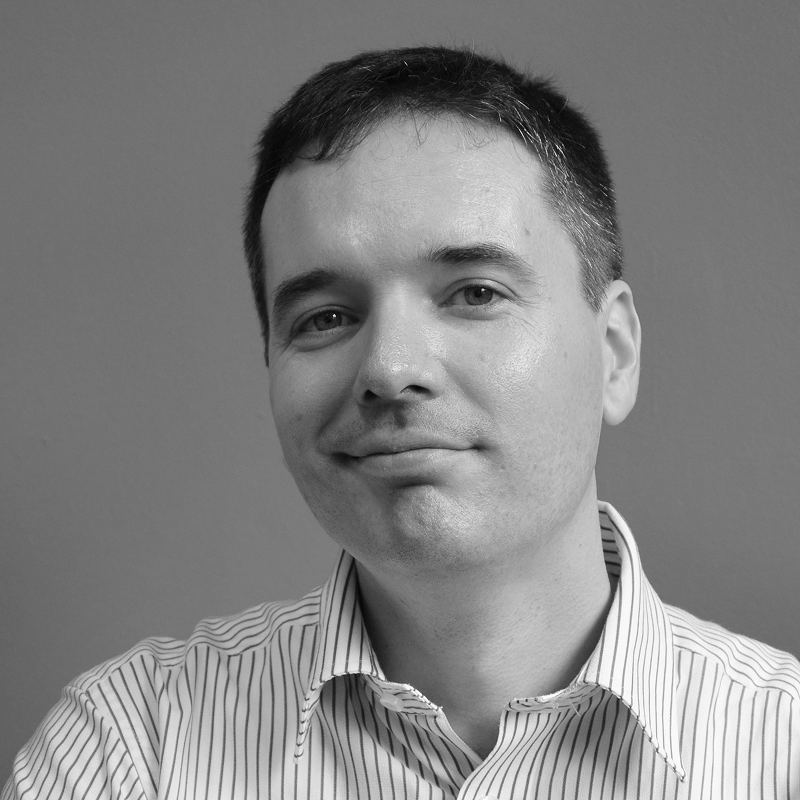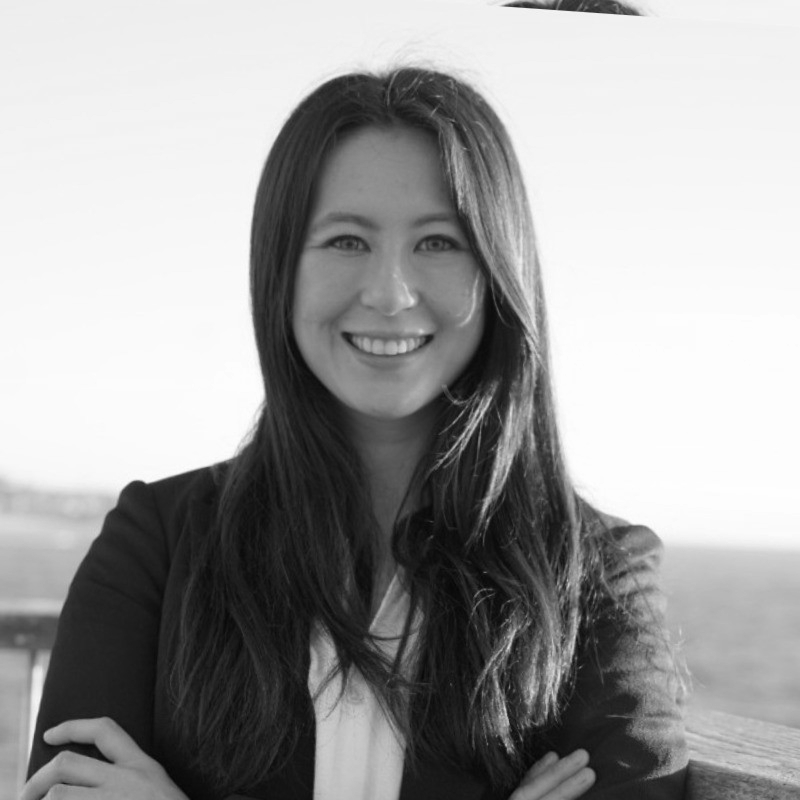
ASKING FOR A FRIEND
How do I get ahead as a woman in a company where most leaders are men?
ASKING FOR A FRIEND - QUESTION
Trying to get ahead in a company where most leaders are men? You’re not imagining the barriers. In this conversation, Rebecca Jones-Bateman, Ben Searle, and Shane Geffen explore what it really takes for women to rise in male-dominated creative industries. From the power of self-belief to finding mentorship through initiatives like The Aunties, they offer grounded, practical advice — plus an honest look at how far the industry still has to go. This one’s for anyone who’s ever felt overlooked, outnumbered, or underestimated — and is ready to push forward anyway.
Let’s be real — climbing the ladder in a male-dominated industry can feel less like a steady ascent and more like a complicated maze. For many women in advertising, design, and other creative fields, the path to leadership is often littered with invisible barriers, unconscious bias, and the quiet frustration of being overlooked or underestimated.
This is a conversation that needs to happen more often, and more openly. That’s why we asked three people with very different — but equally valuable — perspectives to weigh in. Rebecca Jones-Bateman (Host, Brand Manager at Bayer, and Head of Community and Growth at Never Not Creative), Ben Searle (Organisational Psychologist with over 20 years’ experience in workplace wellbeing), and Shane Geffen (Executive Creative Director at HERO/McCann Melbourne and long-time advocate for more inclusive creative workplaces).
This discussion isn’t about surface-level fixes. It’s about real strategies for getting ahead, building your confidence, and navigating systems that still need to do better.
Believe in Your Own Ability and Focus on Your Strengths
Rebecca speaks to something many women have felt but rarely say out loud — the power of backing yourself, even when the odds feel stacked.
"I just went in with the belief that you know I'm good enough and I can do just a good as job as anyone else or better and that I've never really thought I've never really gone in thinking I'm disadvantaged because I'm a woman."
It’s not about pretending bias doesn’t exist — it’s about not letting it define you.
"I've just always seen myself as an equal and believe that I can do it and I think that's what's gotten me through and gotten me jobs and and gotten me promotions just always believing in my own ability and not really looking at other people and comparing myself just focusing on myself in terms of my own skills and abilities."
Rebecca’s also honest about the role of mindset.
"when you tell yourself negative things then negative things happen around you so it's really just that self-talk that's positive."
That inner voice matters. And sometimes, tuning it to something more supportive is one of the most powerful things you can do.
Find Your Network and Mentorship Support
Progress doesn’t have to be a solo mission. Having a community — even a small one — can make a huge difference.
Rebecca explains how much it helps to talk things through with peers who get it:
"I'm lucky enough and that I've you know met a lot of friends at Uni who were really successful women in you know in their Industries and so it is nice you know when we do catch up just about ideas of how you're dealing with certain you know issues."
And when it comes to mentorship, Shane points to a brilliant initiative already doing the work:
"the aunties is a organization where you know it gives women in the industry a you know a connection to a mentor to an auntie which is an amazing initiative and you know I urge any female creative not just creative in any facet in the creative industry to join the aunties and find a mentor."
The reminder here? You don’t have to figure it all out alone.
As Rebecca says: "it's better to have two heads on a quite on a problem than one."
Challenge Unconscious Bias and Demand Equal Opportunities
Let’s not sugarcoat it — the leadership imbalance in creative industries is real. And it won’t change unless we keep challenging it.
Shane acknowledges the long-standing dynamic:
"the advertising Industry largely has for decades been you know largely white male leadership it's been referred to as a boy club and I think it still is largely a boys club it's slowly starting to change."
But real change takes intention.
"I think it's about all of us giving everyone equal opportunities and not pigeon hauling people so for example like and this has changed a lot as well so you know back in the day if you're working on a for example a sanitary product You'd give it to a female team and I think that's changing now where it's giving everyone an equal opportunity."
Sometimes, bias hides in the everyday choices — who’s given a shot, who’s invited to the meeting, who gets the “big” brief. And as Shane puts it, we have to be aware:
"sometimes it's just people you know are unaware of it and we actually forcefully have to we have to think about it and we need someone there to kind of not to call us up but to you know make us aware of it."
The Reality of Working Harder
Here’s the part no one wants to admit — but many women feel. You might end up working harder than your peers to get the same recognition.
Rebecca puts it plainly:
"yes like I probably need to work a little bit harder than maybe someone else like I guess like maybe some other men but you know I think it's just about those self-beliefs."
This isn’t about accepting inequality as the norm. It’s about acknowledging the gap, while also staying focused on what you can influence — your skills, your mindset, your support system. And knowing it’s not just you. It’s the system, and it’s slowly shifting.
Never Not International Women’s Day: A Platform for Change
These conversations — the honest, uncomfortable, necessary ones — are exactly why Never Not Creative created Never Not International Women’s Day. It’s not about posting once a year and calling it progress. It’s a continuous platform featuring women from across the industry sharing their experiences and ideas for change.
The stories are real, the advice is grounded, and the message is clear: equality isn’t a once-a-year celebration. It’s something we work toward every day.
Getting ahead as a woman in a company where most leaders are men isn’t just about climbing the ladder — it’s about carving your own path, even when the map is unclear. It takes belief in your own skills, honest conversations with people who get it, and the courage to call out what needs to change.
And yes, it might mean working a little harder — for now. But that doesn’t mean you’re alone. Every time you show up, speak up, or support another woman doing the same, you’re pushing the system forward.
Progress is slow, but it’s happening. And your presence in the room matters more than you think.
Resources for Change and Support
Never Not International Women’s Day is a living library of stories, advice, and inspiration from women across the creative industries. It’s designed to spark action, not just conversation.
The Aunties is a mentorship community for women in creative roles — pairing emerging talent with mentors who’ve walked the path before.
Both resources exist to remind you: you’re not alone in this. And you never have to figure it out all by yourself.
our guests
Industry Leader

Shane Geffen
HERE / McCann
Mental Health Expert

Ben Searle
Host

